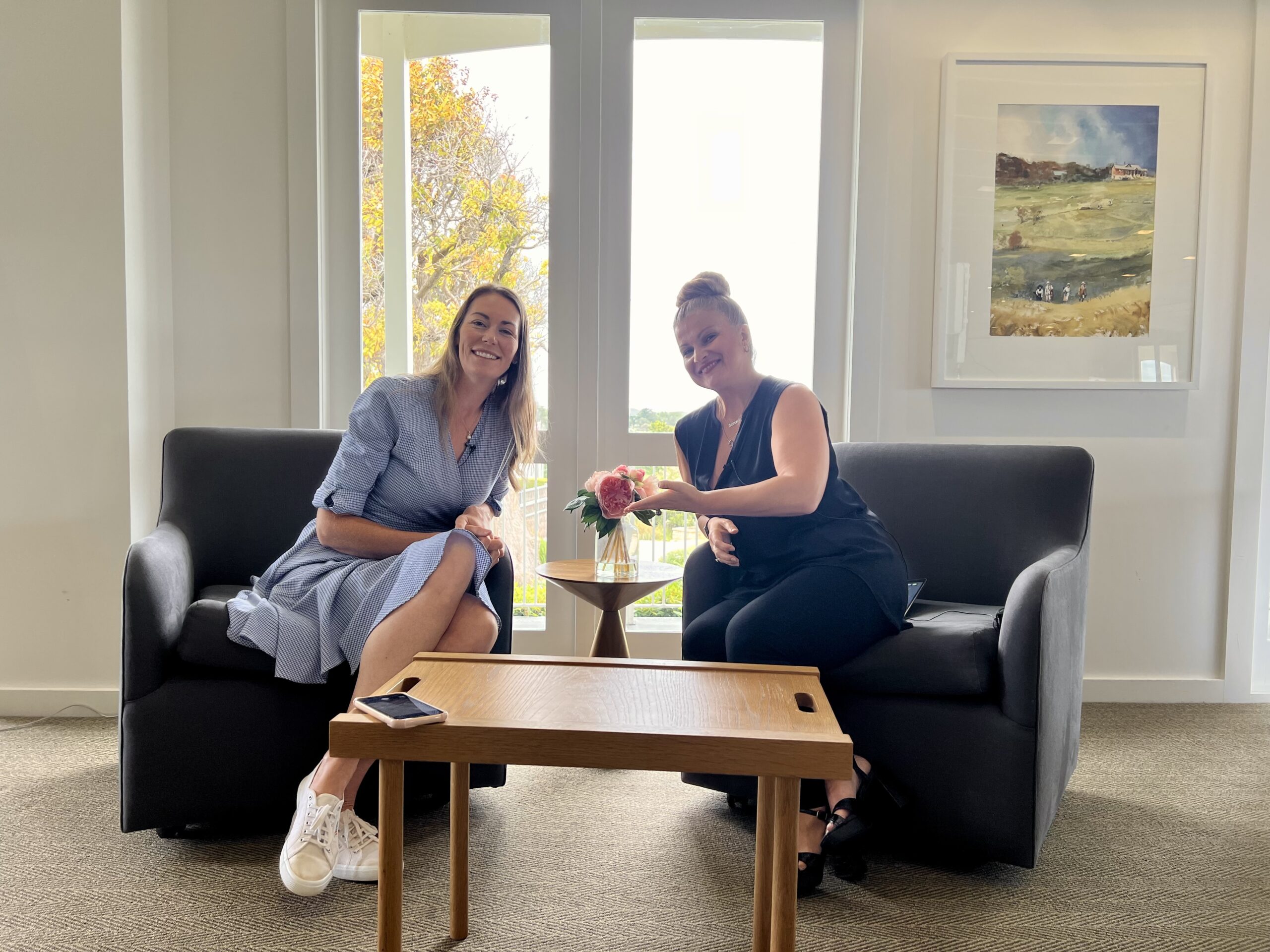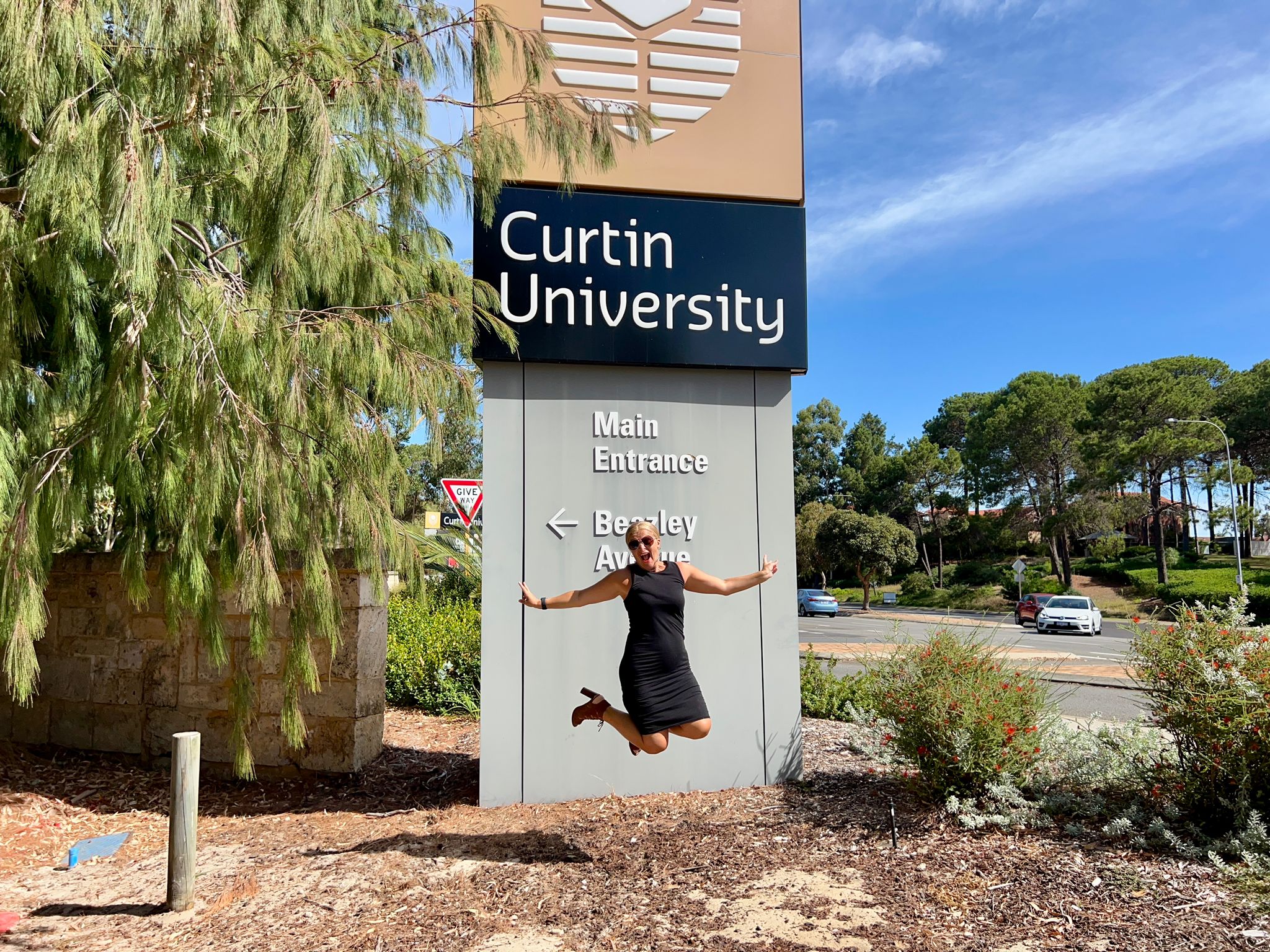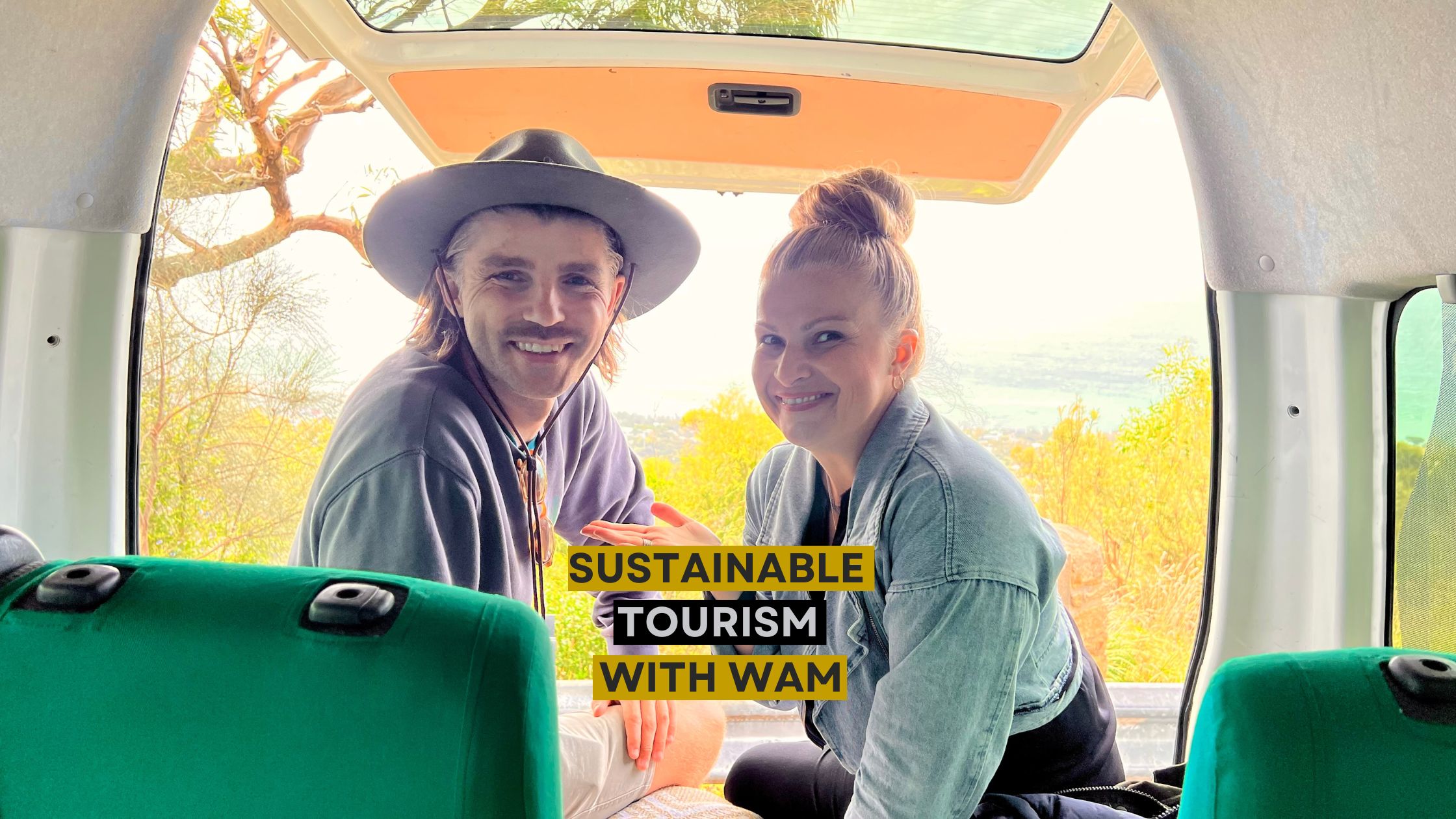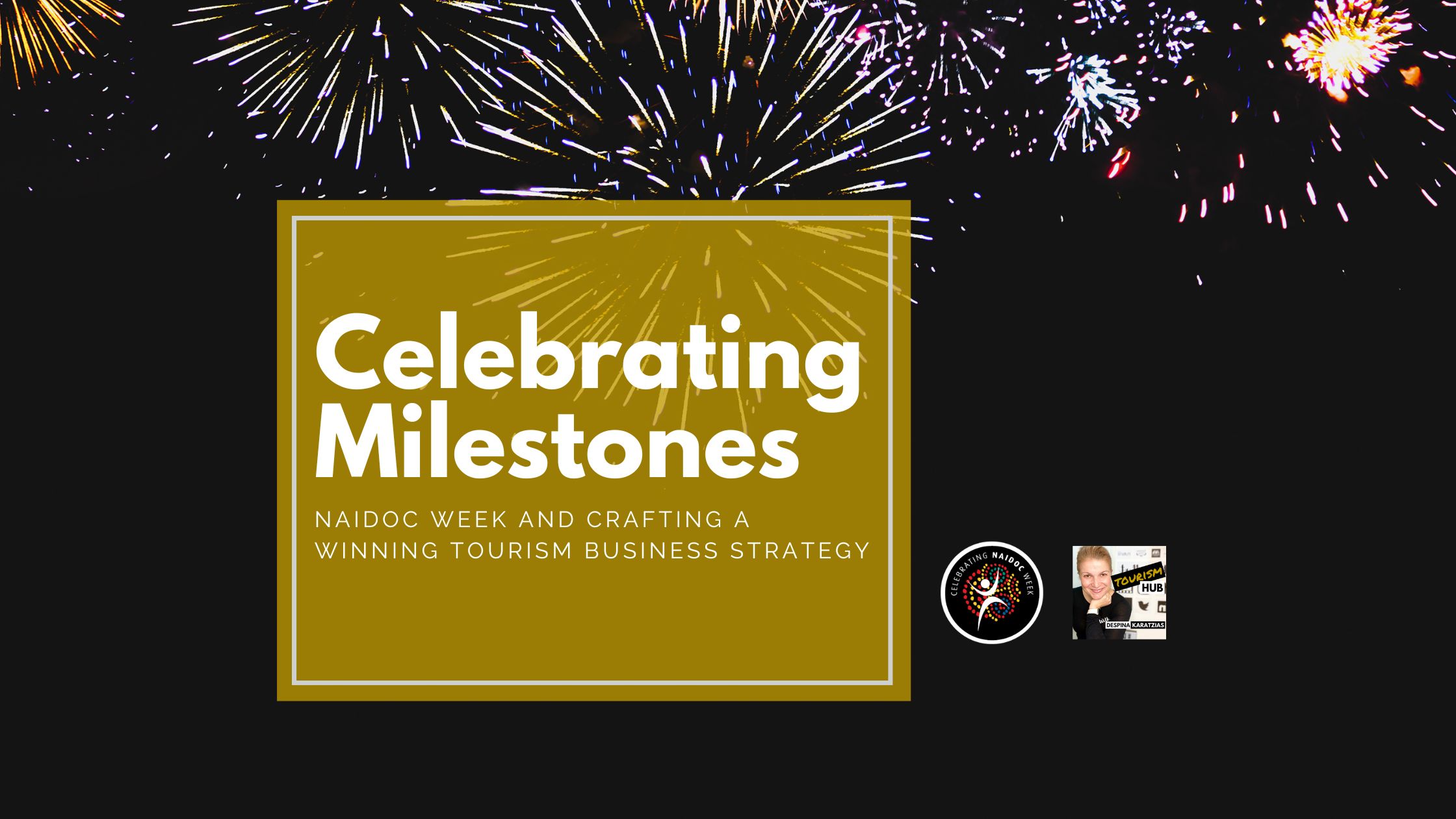Are you tired of competitors outranking you on search engines?
Does your small business offer a better product/service, yet you find competitors consistently rank higher than you in search engine ranking placements?
The problem might be that you are overlooking some of the basics of search engine optimisation (SEO). Small tweaks to your website can have a significant impact on your search engine rating.
In this post, I share with you quick SEO tips you need to know because you can have awesome blog posts and helpful information on your website, but if you’ve overlooked the basics of SEO, you are missing some great opportunities. Below are a few suggestions help you improve your small business’ SEO efforts.
1. Keyword Strategy
Aim to target less competitive “body and long tail keywords” that competitors have overlooked. Create content around a portfolio of keywords rather then one single term.
Brainstorm for Keyword Ideas.
Generate thousands of long tail keywords ideas (those three and four keyword phrases which are very specific to whatever your selling) using these three automated free tools:
Google Autocomplete
When you start a search on Google, you can find the information you’re looking for faster using search predictions. Search predictions are possible search terms you can use that are related to the terms you’re typing and what other people are searching for. How autocomplete works is that predictions are made based on factors, like the popularity and freshness of search terms. When you choose a prediction, you do a search using the term you selected.
Where do search predictions come from?
- The terms you’re typing.
- Relevant searches you’ve done in the past (if you’re signed in to your Google Account and have Web & App Activity turned on).
- What other people are searching for, including Trending stories. Trending stories are popular topics in your area that change throughout the day. Trending stories aren’t related to your search history. To see Trending stories, go to Google Trends.
Ubersuggest
Do you want more data on a keyword? Whether it is for SEO or PPC, you’ll get an overview on everything. From volume, to seasonality, to cost per click data, Ubersuggest keyword tool will show you everything for free. This free keyword tool can be used as many times as you want without any limitations.
Keyword Shitter
Keyword Shitter funny name I know, but in terms of keywords, it does exactly as the title suggests! A really simple tool that can be used for basic keyword research. The name of the tool explains its purpose. Keyword research is useful in knowing the keywords that can be used for future posts on your blog or website. It gives you long-tail keywords related to the seed keyword(s) that you enter. But Keyword Shitter cannot be used for advanced keyword research.
Quora
Discover untapped keywords and topics using Quora, a place to gain and share knowledge. It’s a platform to ask questions and connect with people who contribute unique insights and quality answers. This empowers people to learn from each other and to better understand the world.
2. Optimise metadata
Metadata determines what a search engine displays when your page shows up in Search Engine Results Pages.
Review your HTML code and improve your meta descriptions and title tags wherever they’re missing. Here are some general guidelines you can follow:
1. Title Tags
- • The length should be 70-71 characters for desktop, 78 characters for mobile.
- • Accurately reflect the content on your page.
- • Lead with your most important keywords, but don’t keyword-stuff your title tags.
- • Insert your brand/company name at the end of your title tags.
- • Don’t duplicate title tags across multiple pages.
- • Make it different from your H1 headline.
2. Meta Descriptions
- • The length should be 200 characters for desktop, 170-172 characters for mobile.
- • They should be a brief, readable, and unique description of a page’s topic.
- • Naturally, insert 1-2 keywords consistent with title tag keywords.
3. Headline Tags
- • Tag your main headline with an H1 tag (only one H1 tag per page!).
- • Use H2 tags for sub-headers or different topics on the same page.
- • If you use sub-headers within your sub-headers (lists, source links, etc.) use more H3–H6 tags, in descending order.
3. Page Speed
One of the fastest ways a small business owner can improve their SEO is to increase the rate at which their website loads. Today’s mobile-enabled consumers don’t want to wait five to seven seconds for your site to load (yes, that’s seconds!).
A recent Google study found that visitors are three times more likely to abandon a page with a 1-5-second load time than bounce from a page with a 1-3-second load time.
Site speed has always been one of Google’s most important ranking signals, and it’s one of the most important technical SEO elements related to your conversions as well.
If your website doesn’t load instantly, mobile consumers will find another alternative. Your website designer might have loaded your site with all sorts of plugins and fancy widgets. If there’s a component of your website that isn’t contributing to increased conversions, it’s time to get rid of it.
Here’s what you can do to improve your site speed and mobile performance:
- • Run your page through Google’s free tools, including PageSpeed Insights, Mobile-Friendly Test, and Test My Site. Make the changes they recommend.
- • Compressing your images before uploading them to your website/blog is another way to fasten your loading speed.
- • Another tip is to make sure your code is clean and isn’t causing slow load times. Reducing or completely removing add-ons in your footer that aren’t contributing to your sales rate is also recommended.
Ultimately, the faster your website loads across all devices, the better your SEO.
4. Fix Broken Links
Another factor that can influence your SEO is broken links on your website. Do you have blog posts that include hyperlinks that are no longer valid? Have you linked to resources in your header/footer that have changed their URLs? Use a tool like Google’s broken link checker to find and fix broken links on your site. A site riddled with broken links tells search engine crawlers your website is of lesser value than your competitors’ website. Fixing these broken URLs can significantly improve your SEO.
5. Thin Pages
Do you have category pages on your website with no content? Is your website’s footer filled with links to internal pages with little to no content? Those empty website pages are another sign of poor quality. While your website designer might have created those pages as part of a long-term content creation plan, the fact that they’re sitting empty could be hurting your SEO.
Get rid of those pages if you want to improve your search engine optimisation. Each time a website visitor bounces back from an empty website page, it will influence your SEO. Too much clicking and bouncing is a sure sign visitors aren’t finding value on your site.
To Summarise:
At the end of the day, you still need great content, you still need to build citations in prominent directories, and you still need to build up a strong social media presence.
Make sure every part of your website is working together to establish you as an authority in your niche and improve your Web presence.
Improving your SEO can take time. Search engines like Google are tweaking their algorithms on a consistent basis. When you attend to basics like page speed, broken URLs, and thin content, you give yourself a fighting chance against less savvy online competitors. Work on the basics of search engine optimisation and you will go a long way to improve long-term prospects for your small business.
Upcoming Training:
Will you like to learn more about how to leverage your SEO and digital marketing strategies to grow your business?
Next month, in collaboration with Institute of Digital Marketing and Holmesglen Institute, I will be delivering our first short courses, Facebook for Business and Digital Marketing for Small Business. These are both 4-week courses, one night per week, including a practical lab session to apply and put into practice all your learnings.
For more information and to register your interest see:
Facebook for Business – commencing Wednesday 2nd May 2018
Digital Marketing for Small Business – commencing Thursday 3rd May 2018
About Despina:
Thank you so much for reading this post.
Igniting excellence in people is the reason I get out of bed every morning. It is also the reason why I started InstituteOfExcellence.com in 2014.
Developing industry training and development programs to help the tourism business community thrive is how I serve and support experience and place makers. Training and development programs delivered specialise in the power of digital, social media and tourism-specific marketing strategies. Connect with me on Facebook, Instagram, Twitter
Get Your FREE eBook “25 Marketing Mistakes Your Small Business Must Avoid to Thrive”
If you have an unwavering passion for tourism and would like to connect with over 300 tourism professionals come over and join the conversation at the Your Tourism Excellence Private Facebook Group
Feature Image Courtesy unsplash.com









